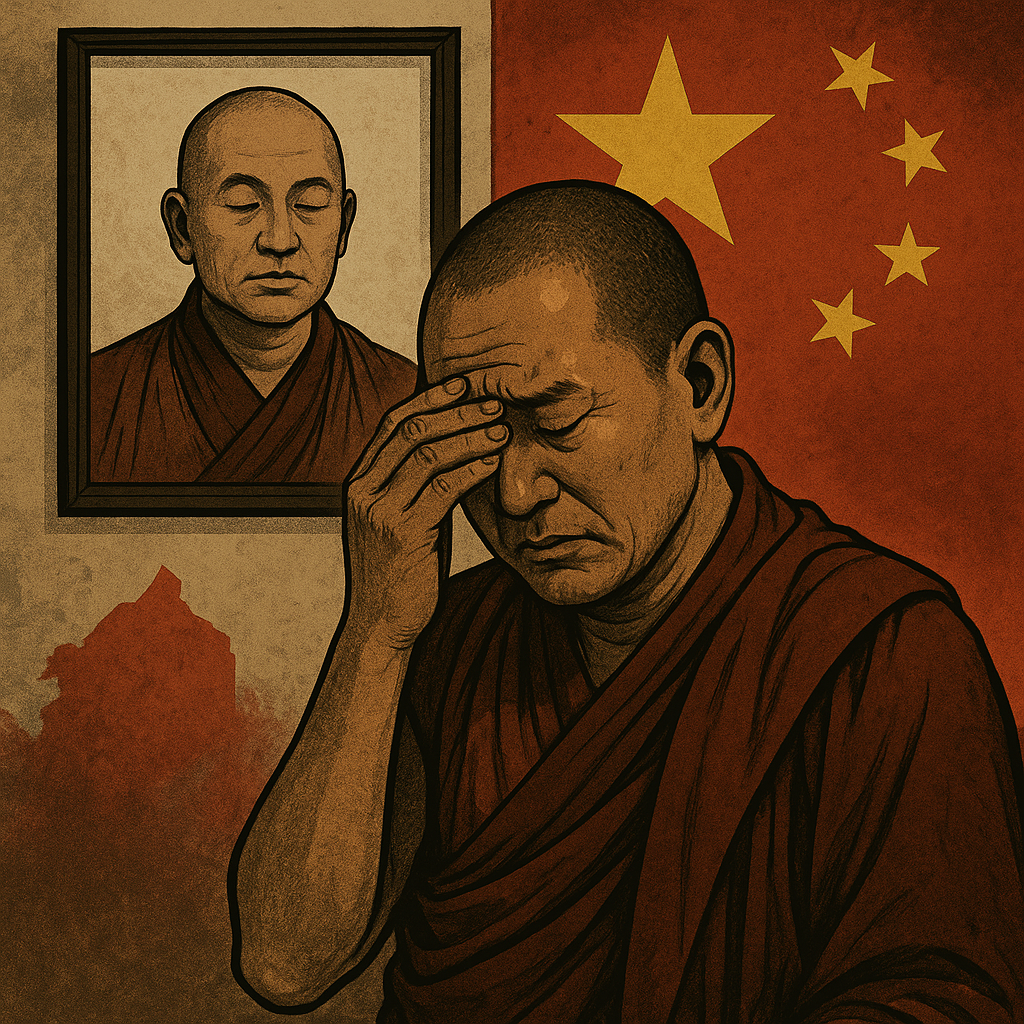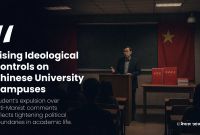Concerns Grow Over China’s Role in the Death of Tibetan Monk Tulku Hungkar Dorje in Custody

The global Tibetan community is in mourning following the untimely and troubling death of Tulku Hungkar Dorje, a revered Tibetan Buddhist monk and humanitarian, who died in custody shortly after being detained in Vietnam in March 2025. The incident has raised serious concerns about China’s growing influence beyond its borders and the safety of Tibetan figures living in exile.
Tulku Hungkar Dorje, the tenth throne holder of Lungngon Monastery in Gade County, Golog, was reportedly apprehended from his hotel room in Ho Chi Minh City on March 25 in a joint operation involving Vietnamese authorities and Chinese intelligence personnel. Just three days later, on March 28, he was declared dead while in custody, with very limited information available about the circumstances leading to his death.
The situation has sparked widespread unease, particularly due to the restricted access to his remains and the secrecy surrounding official documents. Monastery officials who traveled to Vietnam were reportedly barred from seeing his body or keeping a copy of the death certificate. The hospital where his body is held remains under tight security.
Supporters and rights groups believe Tulku Hungkar Dorje may have been targeted for his refusal to support Beijing’s religious agenda in Tibet—specifically, for not organizing a reception for the Chinese-appointed Panchen Lama during a visit to the Golog region. His efforts in promoting Tibetan education and cultural preservation were also seen as a challenge to China’s assimilation policies in the region.
Born in 1969, Tulku Hungkar Dorje was widely respected not only for his spiritual leadership but also for founding schools and social initiatives that provided free education to underprivileged Tibetan children. His work aimed at preserving Tibetan language, values, and traditions made him a beacon of hope for many, but may also have drawn scrutiny from authorities.
While China has not issued a public statement regarding his death, the circumstances suggest the need for a thorough and impartial investigation. Human rights advocates are calling for transparency and for international bodies to look into whether the detention and death violated international law.
For many Tibetans, the loss of Tulku Hungkar Dorje is both deeply personal and politically significant. It underscores the continued risks faced by those who advocate for Tibetan identity and autonomy, and it highlights the importance of international solidarity in ensuring that such voices are not silenced in the shadows.




![From Kathmandu to the World: How Excel Students Are Winning Big [Admission Open]](https://nepalaaja.com/img/70194/medium/excel-college-info-eng-nep-2342.jpg)
